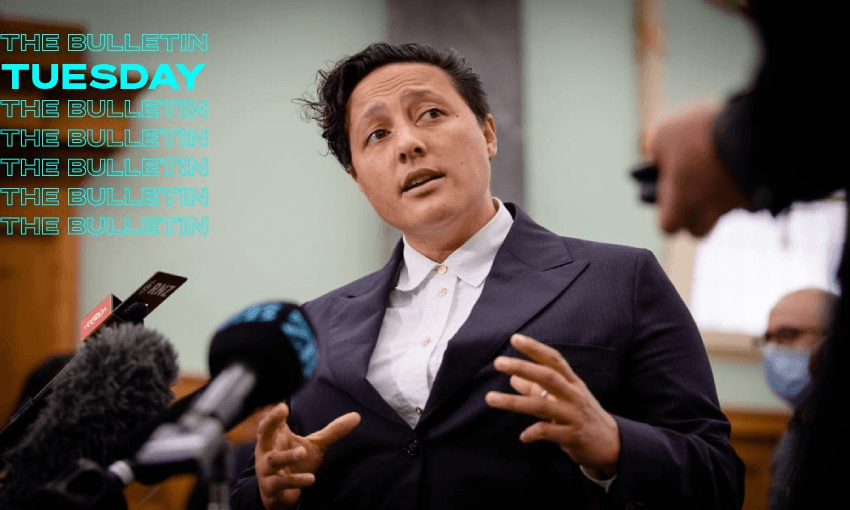The Green party doesn’t think they go far enough, National has called the possible effects “chilling” and Act says Labour is damaging democracy. But what about the “cash for the access” get-around, writes Anna Rawhiti-Connell in The Bulletin.
Donate more than $5,000 to a political party and your identity will be disclosed
Newly minted justice minister Kiritapu Allan has announced that the rules governing political donations and overseas voting will be changed before the next election. The Electoral Amendment Bill would require the identity of donors of more than $5,000 to be made public –down from $15,000. It comes on the same day as closing arguments were delivered in the High Court in the fraud case against two men around donations to the NZ First Foundation. A ten-week trial will start on July 25 involving three people accused of electoral fraud in relation to donations made to both the Labour and National parties.
Political preference of donors should be kept private, just as voting is, says National
The National party has warned that the donation rule changes could have a “chilling effect on democracy”. It released its submission on the changes last week. It says officials have underestimated “the aversion of donors to being publicly identified”, and the political preferences of donors should be kept private, just as voting is. It is also concerned about the chages as a step towards dependence on state funding for election campaigns. Jim Bolger mooted a move to public financing of campaigns in 2019 in the wake of the initial revelations about the NZ First Foundation case. Act leader David Seymour responded to yesterday’s announcement saying “There is no evidence that $15,000 donations are distorting politics in any way.” Electoral law experts think the changes are an improvement but don’t fulfil expectations around transparency and improving voters’ trust and confidence.
Cash for access outside scope of reform
Stuff’s Andrea Vance has taken a look at one mode of fundraising that may escape reform. “Cash for access” fundraisers, where people pay high prices for attendance at private events with prime ministers, ministers or leaders, have been noted in party newsletters and media releases dating back to 1995, according to this 2014 report, also from Vance. The use of the phrase “cash for access” in that report was in reference to a particularly ropey Question Time where both Labour and National were making accusations about these kinds of fundraisers. Bryce Edwards writes that the government has kept this issue out of the terms of reference for the reform and that “closing this loophole is not in the interests of any political party that has ministers or wants to have ministerial roles in the future”.
Temporary fix applied to overseas voting rules
In acknowledgement of the barriers to returning home, especially amid Covid travel uncertainty, the government has also temporarily extended the voting eligibility criteria for those overseas from three to six years for citizens, and from one to four years for permanent residents. New Zealanders overseas have been waiting for this fix for quite some time, with some unable to vote in the 2020 election because of the border closure. The Green party is disappointed that it hasn’t been extended beyond the 2023 election. Green MPs have previously pointed out that Canadians and Americans abroad keep their voting rights forever and British citizens can spend 15 years away before they are disenfranchised. Last year, law professor Andrew Geddis called the overseas voting rules arbitrary and stupid.


